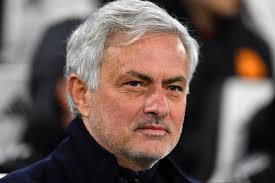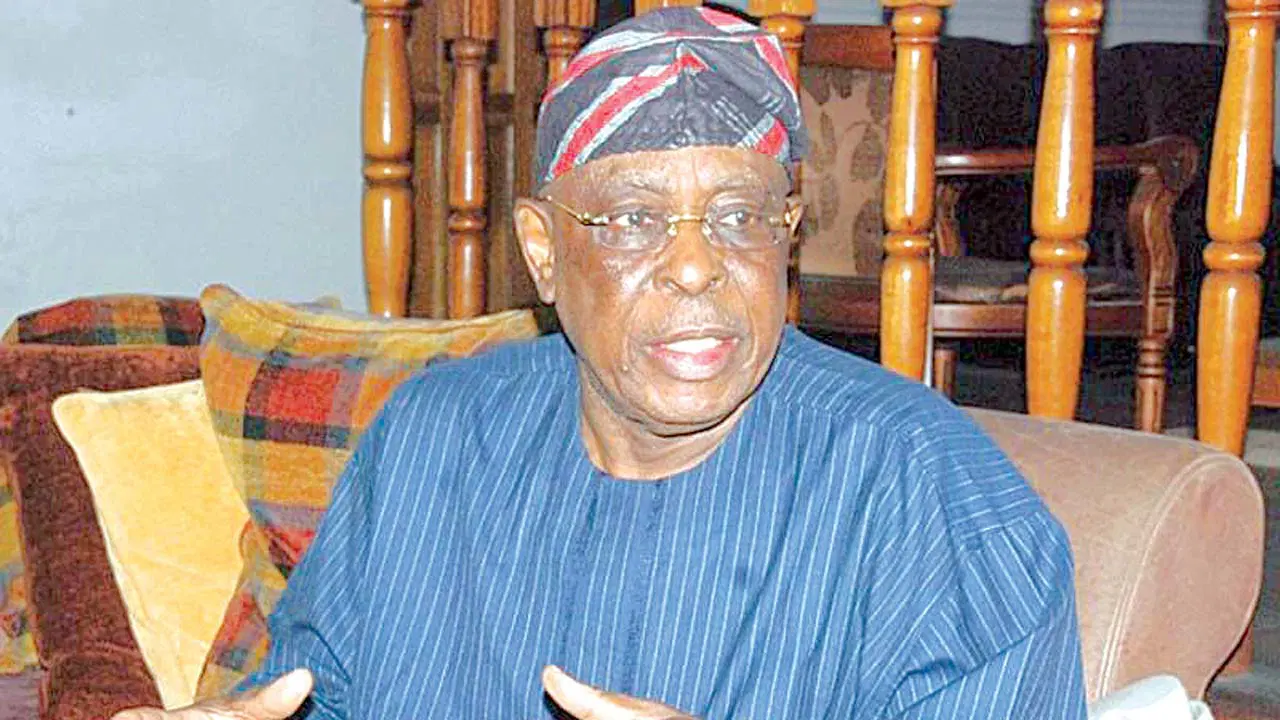
I have in the last sixteen years been a willing pupil, or better put student, to my children, their friends, playmates and schoolmates. The experience has been a big learning curve that has been more rewarding than all the formal education I have acquired. Bringing up children is beyond being an act. It is also an art which mutates as there is no exact formula, but nuances which are determined by situations. Parents, most if not all, look forward to moments of great expectations and bliss with their children before and after birth. There is always an abiding thrill accompanying infancy and early childhood. That is the age of innocence and the period of undiluted friendship. The child at that stage is ideal with no guile or mischief. Then the days and the months and the years roll by and the child gets exposed to other children through school and other media of socialization. By the time the child is eight he or she exhibits exit tendencies from the zone of innocence. Self-consciousness sets in and the child that only a week or two ago easily admitted to wrong doing will begin to insist “it wasn’t me” or “I didn’t do it” when he or she actually did. Exasperation would set in for the parents and the discipline conscious ones would heed the admonition “spare the rod and spoil the child”. From that moment the relationship oscillates between friendship and firmness. A keen parent is bound to learn not only from his or her own children, but from their friends.
I have learnt a great deal. My learning location varies. From my book infested study, the spacious verandah from where I am writing this, to my car as I drive my children to school every morning, except when I travel, in the last sixteen years I have subjected myself willingly, and deliberately so, in order to understand, the simple but complex ways of children. My deliberate immersion in their world derives from my conviction that children are largely what parents make of them. Although there are exceptions to this rule I think it holds true in more ways than one. Agreed that there are many extraneous influences beyond the control of parents in our more than complex and fast changing world, early parental intervention and influence would go a long way in putting children on the right track. This is at the core of the African philosophy of children upbringing embedded in Christy Essien-Igbokwe’s “Omo mi seun rere”. The Bible and other books are dense with a similar standpoint. The role of teachers in complementing parental influence is of undeniable magnitude. Children tend to respect, if not fear, their teachers more than their parents at the early stage. Unfortunately, undue meddling by parents has made the role of teachers pale into insignificance in the present era. It is no longer new or news that parents storm schools to fight or beat up teachers for dishing out disciplinary measures to their children. Many school proprietors look on helplessly at the affront as they put profit over the safety and dignity of their teachers.
 Issa-Onilu and Olukoyede
Issa-Onilu and OlukoyedeI have taken variegated lessons from my children and their friends. I have had cause to nod and smile in concurrence and satisfaction just as I have also been alarmed and frowned in shock. I have taken time to argue with them to straighten out many a wooly concept. I owe the title of this essay “for the good of our future” to the infectious innocence of Oreva. A primary four pupil in my daughter’s school, Oreva is among children from two families I usually pick up as I take my daughter, Isio, to school. Isio it was who, on the eve of this year’s independence day celebration, asked my wife, “mummy, what is the meaning of independence?”. That incident featured on this page some weeks ago. Two days ago, as I drove the children to school they got involved in their usually animated discussions, agreeing and disagreeing. As always, I listened keenly. There were times I got beneficial information from listening, while at other times the opposite was the case. Thankfully, this occasion was a lucky day for me. The children were talking about their teachers. Who among the teachers flogged the most? Who was wicked? Who was harsh? Who was mean? As a teacher myself, I knew that I have been a “victim” of such labels. So I listened hard in order to understand and see how the discussion would end.
Oreva then decisively intervened! She told the others that the teachers were neither harsh nor wicked! She added the clincher, “they threaten to punish us or even punish us for the good of our future”. I heaved with relief as I looked at her through the rear mirror. Her chubby and “teacherly” face like that of Mariama Ba, the Senegalese novelist, beamed with knowledge and authority. I was impressed and I thought about the kind of home she comes from. Oreva is in Primary four and she couldn’t be more than eight or nine years of age, but her mind is attuned to the corrective mode that teachers offer. In her and her siblings is the complementarity that should exist between the home and the school. Through the rear mirror, I scanned the face of every child in the car and I saw concurrence. It gladdened my heart that there are children who not only see the essence of discipline as corrective, but have accepted it as a desideratum for the future from which Oreva’s “for the good of our future” springs.
As we drove into the school premises and the children alighted one after the other, after my usual admonitory “behave well and write well”, I looked at them with misty eyes wondering for how long can Oreva’s thesis hold for them and their mates not just in Ughelli, but in Nigeria. How many children, even parents, think about “the good of our future”? Nigeria is under threat from multifarious vices that are already overwhelming us. Each day, children metamorphose into teenage and have reasons to leave the protection of the homes and cross boundaries. They go to school, parties, run errands and even go to places of worship. They encounter their peers and in no time get exposed to peer or social pressure. At this stage parents are out of the picture except for the vigilant. This is where worrisome behaviours followed by parental anxiety, which can become acute, and the real “stress or burden” of children upbringing rears its head.
Nigeria’s social fabric is under assault and badly assailed. The gains of technology have become our bane as evidenced in the ruins emerging from the social media. Technology has become intrusive, disruptive and uncontrollably invasive. Many parents have been taken hostage by foreign values. What was anathema yesterday has become the norm today. In contrast to Orvea’s “for the good of our future” is a cartoon depicting a conversation between a mother and her primary school pupil-son. The mother asked the boy where his constant stealing would take him in future and he replied that it would take him to the National Assembly! The cartoon, although intended as a joke, speaks to the tragedy of Nigeria and points at her near irredeemable destiny. Yes, I use the word “near” because I know that bad as things are, Nigeria is not beyond redemption. We are approaching that bend when we shall look back and demand for a map that will reorder our sojourn to nationhood. That time is around the corner. The bend is near and the map awaits us! The “good of our future” shall manifest if not in our lifetime, then in that of our children.

 2 hours ago
6
2 hours ago
6







